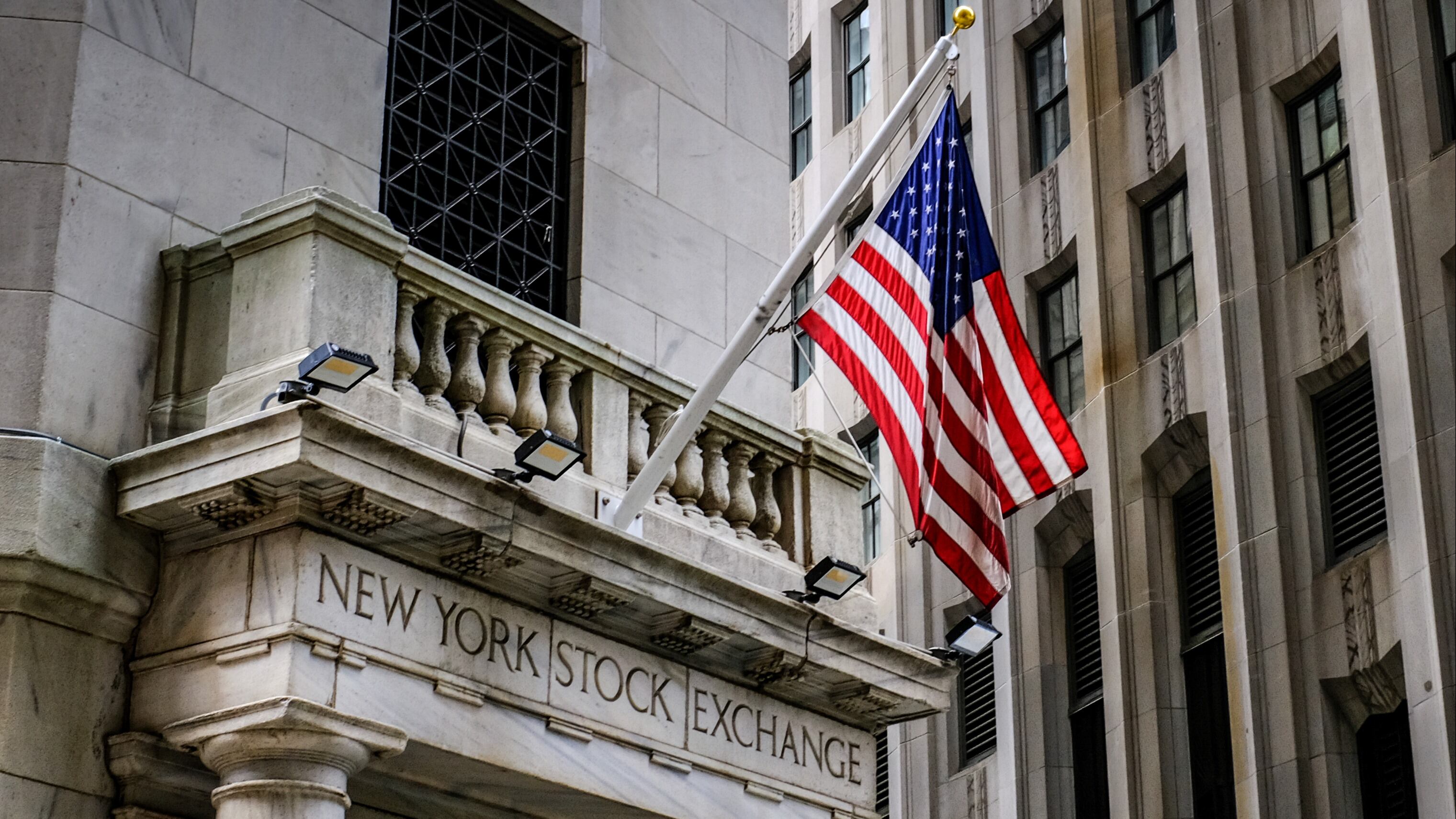By Stan Choe
Wall Street is steadying Friday and clawing back some of its tech-driven losses from a day before, keeping it on track for another winning week.
The S&P 500 was 0.2% higher in early trading and on pace for its eighth winning week in the last 10. The Dow Jones Industrial Average was down 17 points, or less than 0.1%, at 35,207, as of 9:50 a.m. Eastern time, and the Nasdaq composite was 0.3% higher a day after tumbling to its worst loss in more than four months.
Roper Technologies rallied 4% for one of the larger gains in the S&P 500 after it reported better profit and revenue for the spring than analysts expected. The company, which looks to dominate niche tech markets, also raised its financial forecasts for the full year.
On the losing side of Wall Street was American Express, which fell 4.9%. It reported stronger profit for the spring than expected, but its revenue fell short of forecasts.
Railroad operator CSX was also a heavy weight on the market and fell 4.8%. It reported weaker profit and revenue than expected
Comerica swung from an early gain to a loss of 2.2% after reporting stronger profit and revenue for the spring than analysts expected. It also reported a decline in deposits among customers, though it said the levels stabilized in the second half of the quarter. Deposits have been under heavy scrutiny since several banks failed in March after customers suddenly yanked out their cash.
The stock market has generally been on a tear this year as the economy has defied many predictions for a recession. It's so far powered through the painful effects of much higher interest rates meant to bring down inflation, and the hope is that it may outlast the Federal Reserve's rate-hike campaign.
The Fed is widely expected to raise its federal funds rate on Wednesday to its highest level since 2001. But the hope is that will be the final increase of the cycle because inflation has been cooling since last summer.
To be sure, the more than 18% jump for the S&P 500 this year has also pushed critics to say the rally has come too far, too fast. The risk of recession is still high because inflation and interest rates remain high as well.
In the bond market, Treasury yields were holding relatively steady.
The 10-year Treasury yield fell to 3.82% from 3.86% late Thursday. It helps set rates for mortgages and other important loans.
The two-year Treasury yield, which moves more on expectations for the Fed, was holding steady at 4.84%.
In markets abroad, stocks were mixed across Europe and Asia.
Taiwan's Taiex fell 0.8% after TSMC, the world's biggest manufacturer of computer chips, said it expects its sales to fall 10% this year as demand wanes. It also said it would not meet a 2024 target for starting production at a factory under construction in Arizona.
Japan reported consumer inflation edged higher in June, from 3.2% to 3.3%, but mainly due to increases in electricity rates. Price increases excluding energy and volatile food costs fell. That eases pressure on the central bank to adjust the ultra-lax monetary policy that it has kept in place for over a decade to counter sluggish economic growth.
AP Business Writer Elaine Kurtenbach contributed.













